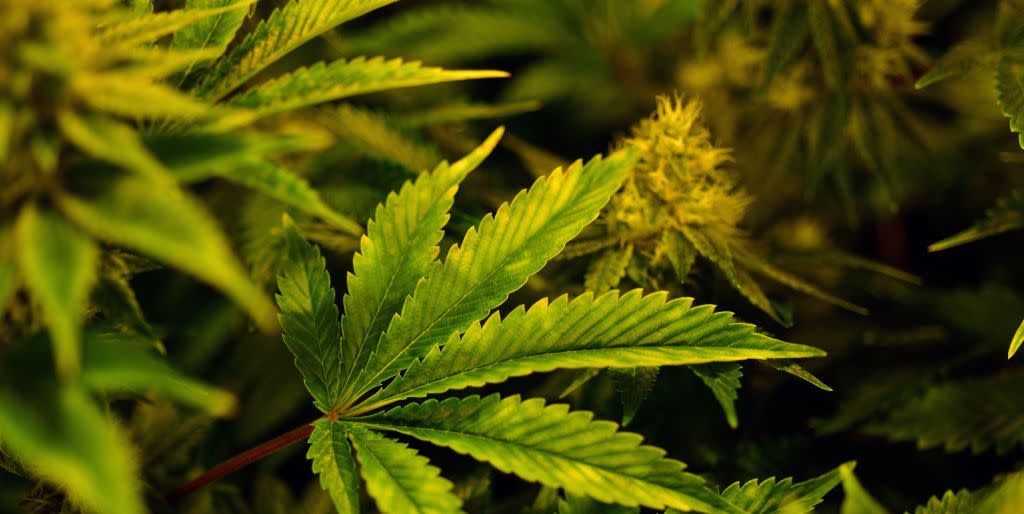Smoking Marijuana Could Harm Men's Sperm, New Study Says

As marijuana becomes increasingly mainstream, so too does the opportunity for scientists to study its effects on humans. And the news isn't always good.
A new study from Duke suggests that men in their child-bearing years should consider how marijuana's psychoactive ingredient, THC, could impact their sperm-and possibly the children they conceive during periods when they've been using the drug.
Many outside factors can effect sperm. The list ranges from tobacco smoke to pesticides, flame retardants to obesity, all of which can have epigenetic effects. Epigenetics are inheritable traits that don't effect DNA sequencing, but typically stem from life experiences. A classic example is famine-when a person suffers from a famine, their ancestors are more likely to face challenges with diabetes. The new research shows that THC can effect epigenetics, causing structural and regulatory changes in the DNA of users' sperm.
The study looked at 24 men. It found that "THC appears to target genes in two major cellular pathways and alters DNA methylation, a process essential to normal development," according to a press statement. While THC appears to target these genes, there's a crucial caveat: scientists have no idea if these changes are passed on to children, or what effect they could have.
"What we have found is that the effects of cannabis use on males and their reproductive health are not completely null, in that there's something about cannabis use that affects the genetic profile in sperm," says Scott Kollins, professor in psychiatry and behavioral sciences at Duke and senior author of the study. "We don't yet know what that means, but the fact that more and more young males of child-bearing age have legal access to cannabis is something we should be thinking about."
The study is a starting point, and the small number of test subjects means the result should be taken with a grain of salt. The men also had a variety of factors, like use of alcohol and sleep levels, that could affect how THC alters their epigenetics.
"We know that there are effects of cannabis use on the regulatory mechanisms in sperm DNA, but we don't know whether they can be transmitted to the next generation," says Susan K. Murphy, associate professor and chief of the Division of Reproductive Sciences in obstetrics and gynecology at Duke, a coauthor of the study. She goes on:
"In the absence of a larger, definitive study, the best advice would be to assume these changes are going to be there. We don't know whether they are going to be permanent. I would say, as a precaution, stop using cannabis for at least six months before trying to conceive."
Source: Duke
('You Might Also Like',)

